Early Breast Augmentation: Will My Breasts Continue to Grow?

Early breast augmentation, in which individuals below 21 years of age undergo surgery, is relatively rare. In 2019, only 3% of all augmentation mammoplasty surgeries performed in the United States had patients aged 13 to 19.
This is because the FDA prescribes the age at which young women can get saline or silicone gel breast implants. For saline implants, patients should be at least 18, while for silicone ones, 21.
Many young patients who are considering breast surgery at an early age often find themselves concerned about how it might affect their breasts’ natural development should they go through with it.

Thinking About Breast Augmentation?
We, here at Memorial Plastic Surgery, can help you make a sound decision regarding breast augmentation. We use different types of implants to improve the overall appearance of your breasts.
Read more about
Breast Augmentation in Houston
Understanding the Need for Teenage Breast Augmentation
Currently, there are no legal age restrictions in regards to undergoing breast augmentation surgery. In the cases where adolescents and teens do undergo the procedure, it is often performed after their parents, or legal guardians have given their informed consent. This is especially crucial if the procedure is being executed for cosmetic purposes.
However, breast augmentation surgery can also be used to address body development issues, such as severe asymmetry between breasts. The procedure can also help correct the underdevelopment of the chest muscle caused by Poland syndrome.
That said, the reasons for wanting the procedure can vary from patient to patient. But the decision is ultimately up to the consulting board-certified plastic surgeon to determine whether or not the procedure is necessary.
Breast Development Timeline in Adolescents and Teenagers
For the average female, breast development begins in early adolescence, between 8 and 13. The ovaries start to produce and secrete the hormone estrogen, which triggers secondary sexual characteristics. Among the changes caused by this is the accumulation of fat in the connective breast tissues and the growth of their ducts. These two developments cause the breasts to enlarge, although the degree by which they grow is determined by genetics.
By the time a woman reaches the age of 17, the breasts are typically fully developed. At this age, some women usually begin considering having breast augmentation surgery if their breasts have yet to grow to their ideal size.
It is important to note, however, that these timelines don’t necessarily apply to all women. Just as some may begin puberty at 14 or older, some women find that their breasts reach full development in their early 20s.
This means that even a breast augmentation patient of legal age can experience continued growth.
Recommended Article:
Plastic Surgery: How Young Is Too Young?
With the rising popularity of cosmetic surgery, many wonders: How young is too young for plastic surgery? Top Houston Plastic Surgeon, Dr. Patrick Hsu, explores this topic.
What Could the Results Look Like?
The continued development of your breasts will not be physically affected by an early breast augmentation procedure, but it may result in breasts that are larger than you originally desired.
While this does not pose any severe health risks, it may lead to problems common among women who find their breasts too large:
- Back pain
- Neck pain
- Various social and psychological concerns
Also, hormonal changes, diet, and lifestyle can significantly alter an early breast augmentation procedure. This can potentially lead to additional surgeries in the future.
The Lifespan of Early Breast Augmentation
Another primary consideration when it comes to early breast augmentation is the lifespan of its results. While breast implants are designed to be long-lasting, it is uncommon for them to retain their shape and integrity for longer than 20 years.
Moreover, the longer you keep an implant in your chest, the higher the risks of breast implant rupture. Twenty percent of women have their original implants removed after 8 to 10 years to reduce this risk.
However, it is unlikely that a replacement procedure is necessary, even if you undergo early breast augmentation surgery. Ruptures only happen in about 3% of patients, and most replacement procedures are done because patients prefer to change their breast sizes.
Recommended Article:
Everything You Need to Know About Breast Implant Rupture
Here is everything you need to know about breast implant rupture, a common complication of breast augmentation surgery.
Making an Informed Decision
Early breast augmentation doesn’t always determine the size and shape of your breasts later in life. It’s possible, depending on genetic and environmental factors, that your breasts will continue to grow, regardless if you undergo breast surgery.
It is difficult to tell if the results of the early breast augmentation will stay the same a decade after because of the several factors at play. While it can be encouraging to know that the procedure can be reversible, it is still important to make an informed decision before undergoing any cosmetic procedures.
This starts by scheduling a consultation with a board-certified plastic surgeon. Their assessment of your age, medical history, and current physical condition will enable them to determine if undergoing breast augmentation surgery is best the decision at this point in your life.
*This blog is created and maintained for informational purposes only. The images present may not accurately reflect actual cases per individual. Individual cases are unique, and the descriptions and solutions will vary per patient.

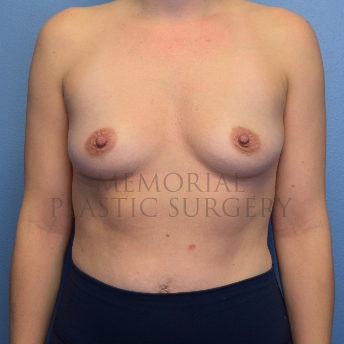









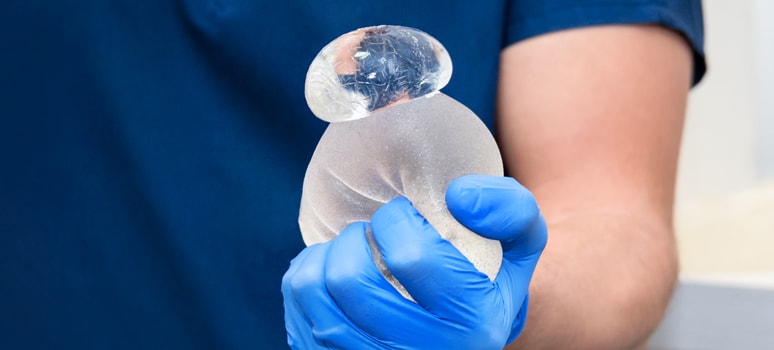






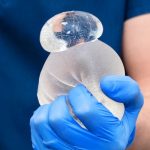
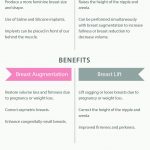













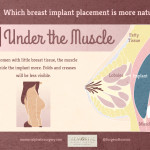
1 Comment
Great post and thank you for sharing these great post with us. Thank you